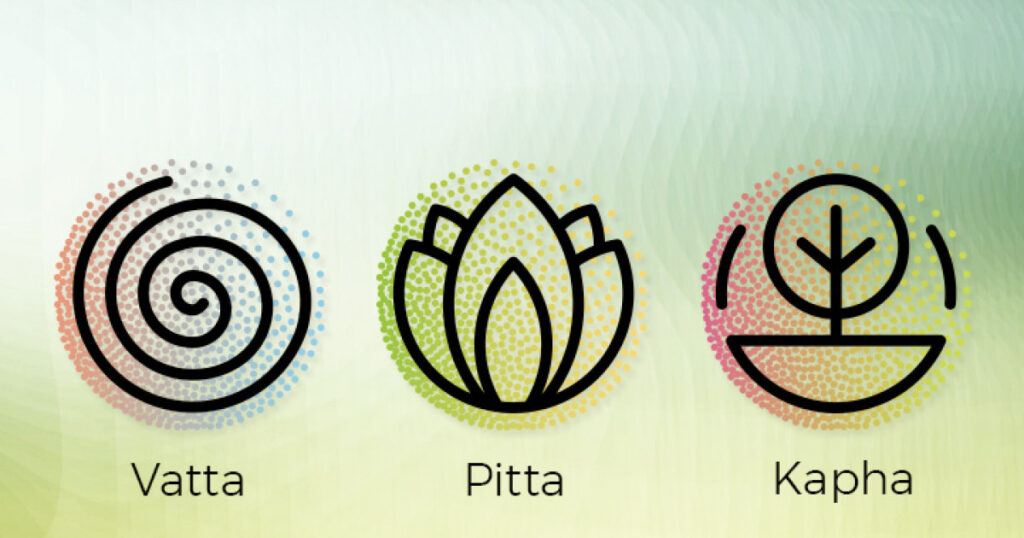Ayurveda is an ancient Indian system of medicine that emphasizes the balance between the mind, body, and spirit. One of the central concepts in Ayurveda is the three doshas, which are Vata, Pitta, and Kapha.
Understanding these three doshas is essential for maintaining good health and preventing disease.
Vata Dosha
Vata is composed of the elements air and ether, and it is responsible for all movement in the body. It governs the nervous system, circulation, respiration, and elimination. When Vata is in balance, a person is creative, adaptable, and full of energy. When it is out of balance, however, a person may experience anxiety, insomnia, constipation, and other health issues.
Pitta Dosha
Pitta is composed of the elements fire and water, and it is responsible for digestion and metabolism. It governs the digestive system, the endocrine system, and the skin. When Pitta is in balance, a person is intelligent, focused, and energetic. When it is out of balance, a person may experience irritability, inflammation, acid reflux, and other health issues.
Kapha Dosha
Kapha is composed of the elements water and earth, and it is responsible for stability and structure in the body. It governs the musculoskeletal system, the respiratory system, and the immune system. When Kapha is in balance, a person is strong, stable, and grounded. When it is out of balance, a person may experience weight gain, lethargy, congestion, and other health issues.
Each person has a unique combination of these three doshas, which is known as their prakriti or Ayurvedic constitution. Your prakriti is determined by factors such as genetics, diet, lifestyle, and environment. Understanding your prakriti is essential for maintaining good health, as it can help you make informed decisions about diet, exercise, and lifestyle choices.
In Ayurveda, the goal is to maintain balance among the three doshas. This is achieved through a combination of diet, lifestyle, herbal remedies, and other treatments. For example, if a person has an imbalance in Vata, they may be advised to eat warm, nourishing foods, practice gentle yoga, and take herbs such as ashwagandha and brahmi. If a person has an imbalance in Pitta, they may be advised to eat cooling, soothing foods, practice meditation, and take herbs such as turmeric and neem. If a person has an imbalance in Kapha, they may be advised to eat light, spicy foods, practice vigorous exercise, and take herbs such as ginger and triphala.
Conclusion
understanding the three doshas is essential for maintaining good health and preventing disease. By understanding your prakriti and making informed choices about diet, lifestyle, and treatment options, you can achieve balance among the three doshas and experience optimal health and well-being.


